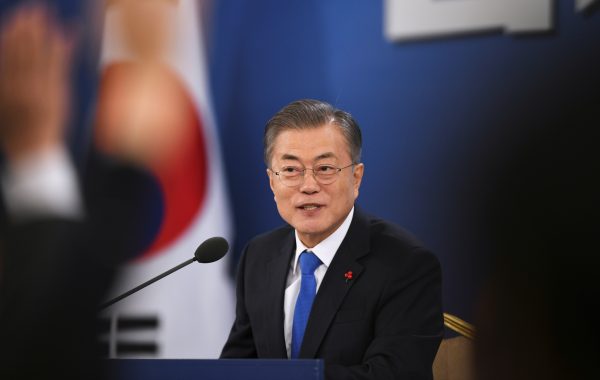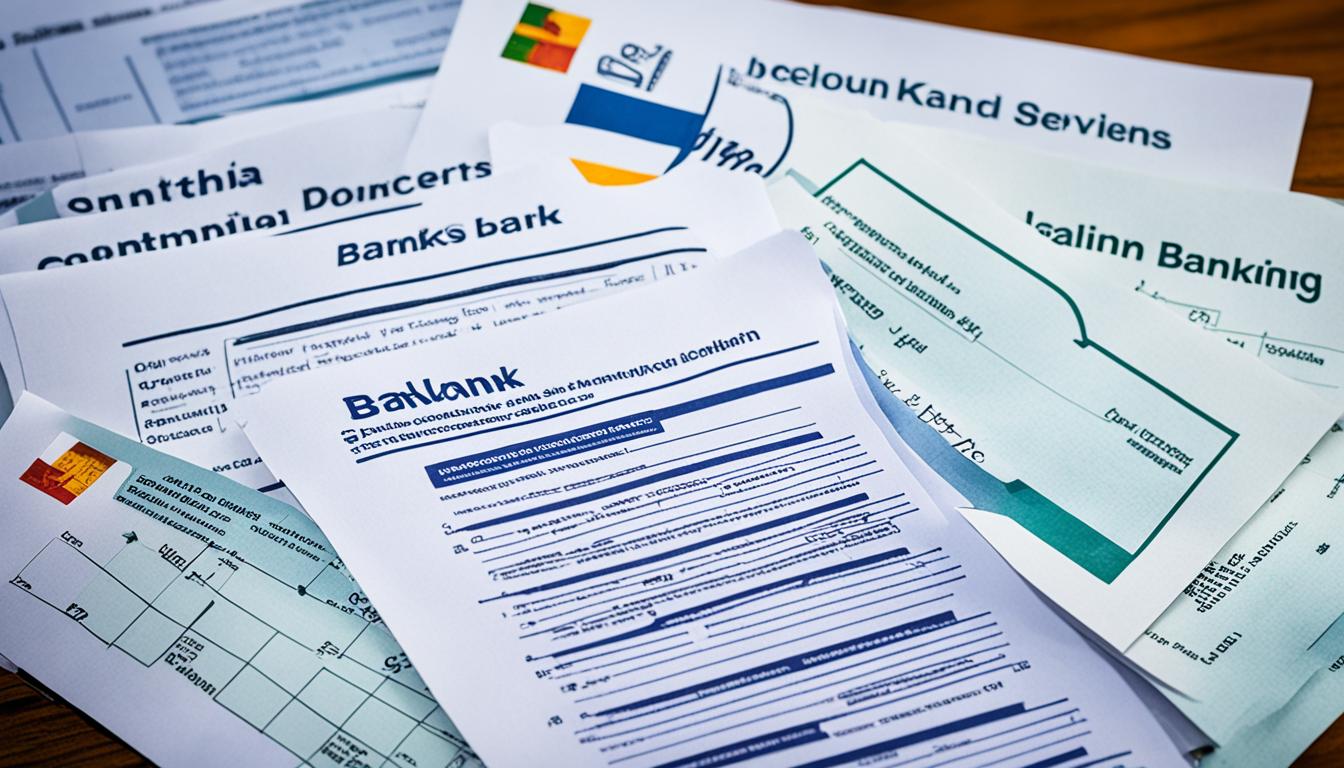As tensions and uncertainties cast a shadow over the India-China trade dynamics, the spotlight turns to India’s business reliability, positioning it firmly as a strategic partner within regional trade partnerships. Recent developments in South Asia bear witness to a significant transition in economic alliances, as exemplified by Sri Lanka’s strategic pivot towards Indian firms for key projects. This change signifies a broader recognition of India’s role as a steady force in regional commerce and development.
The decisiveness of countries like Sri Lanka to opt for Indian companies over Chinese counterparts reveals an undercurrent of trust in India’s capabilities. Cementing this sentiment was Sri Lanka’s recent transfer of a major solar and wind hybrid power generation project to an Indian entity. Such moves not only underscore the deepening trust in India but also suggest a recalibration of partnerships in response to India’s diplomatic and economic outreach. As China contends with scepticism, India’s image as a reliable ally gains newfound prominence.
Key Takeaways
- Emerging as a key player in the region, India is keenly viewed through the lens of robust trade reliability.
- India’s strategic partnership is pivotal in shaping the landscape of regional trade collaborations.
- The shift in Sri Lanka’s choice of partners is indicative of a comprehensive reevaluation of India-China trade dynamics.
- India’s economic assistance and regional investments are heralding a new era of stable and trust-based partnerships in South Asia.
- The growing preference for India’s involvement in regional projects points to its status as a value-driven and dependable ally on the international stage.
Reevaluating Global Business Alliances: The Search for Stable Partners
The evolving landscape of global business dynamics is compelling nations to reassess their foreign alliances, prioritizing sustainable partnerships and strategic alliances. Countries like Sri Lanka are increasingly vigilant, opting to diversify their economic ties and reduce dependency on single entities or nations. This careful reevaluation is part of a larger regional realignment, influenced by the need for economic resilience and mutual growth.
Sri Lanka’s Pivot Away from Chinese Engagements
In a striking illustration of shifting alliances, Sri Lanka’s movement away from Chinese investments reflects a broader intent to minimize diminishing Chinese influence and establish more balanced international relations. Initiatives to cancel agreements with Chinese companies in favor of those that can provide more equitable and transparent terms exemplify this pivot. This transformation is not merely about selecting different partners but about upholding the integrity of Sri Lanka’s strategic interests.
India’s Emergence as a Dependable Ally in the Region
Amidst this geopolitical flux, India has emerged as a strong contender, fostering Sri Lanka-India relations through investments and aid. The expansion of Indian influence in the region reflects its status as a stable and predictable partner, committed to fostering regional success through sustainable partnerships. Unlike the overbearing economic practices that characterized previous Chinese projects, India’s approach accentuates collaborative progress and sustainable economic policies.
Impact of Strategic Shifts on Regional Power Dynamics
The redirection of Sri Lanka’s alliances significantly affects regional power dynamics, indicating a subtle yet firm resistance to the erstwhile monopolistic influence wielded by China. Potential repercussions are widespread, stretching beyond immediate economic impacts to the realm of geopolitical balance. Such deliberate and strategic repositioning may encourage other countries to reconsider their engagement strategies, forging new paths towards autonomous and sustainable development.
India’s Reliability Surges as China’s Business Partnerships Falter
As the world’s economies navigate a volatile global landscape, India’s economic outreach is being recognized for its robustness and predictability. While India strengthens its reliable business framework, it emerges as a preferred partner in regional development initiatives. This shift is becoming more pronounced in the wake of China’s partnership setbacks, which have raised concerns regarding transparency and long-term viability.
Recent developments have highlighted the fragility of Chinese ventures, compelling nations to reevaluate their regional investment strategies. Countries are now gravitating towards business ecosystems that not only promise economic advantages but also uphold strategic autonomy and environmental stewardship. The Belt and Road Initiative (BRI), once a flagship of China’s overseas ambitions, is now subject to intensified scrutiny over its financial terms and its ecological impact.
- Financial sustainability issues have discouraged countries from participating in Chinese-led projects, fearing a debt-laden future.
- Environmental alarm has catalyzed a push for green and sustainable development practices, areas where India’s proposals have shown greater consideration.
- Sovereign integrity concerns have intensified the search for partnerships that respect national policies and local sensitivities.
India, anticipating these global market trends, has steadily positioned itself as a linchpin for regional investment strategies. By flexing its economic muscle in a manner that fosters collaboration, India is becoming synonymous with mutually advantageous partnerships. This not only bolsters India’s own growth trajectory but also affirms its prowess as a regional leader prepared to undergird neighboring economies with a foundation for collective prosperity.
- India’s investments in regional energy projects underscore its commitment to sustainable infrastructure development.
- Support for policy initiatives aligns with greater regional collaboration and integration, enhancing policy synergy across neighboring economies.
- The emphasis on a mutually respectful cooperation model has sealed India’s reputation as a reliable and principled economic ally.
China’s Diminishing Influence: Setbacks and Sovereignty Concerns
Amidst the evolving geopolitical landscape of South Asia, China’s once-ascendant sway is experiencing noticeable falterings. It’s not just a series of mishaps that underscore this trend but a deeper underlying narrative of compromised sovereignty and economic strain underpinning the investments facilitated by China’s expansive initiatives. These episodes of discontent and distress among its regional partners have cast a light on alternative approaches to growth-oriented collaborations, strengthening India’s position as a viable contender.
Examples of Failed Chinese Ventures in South Asia
Recent developments have placed a spotlight on several projects that have failed to achieve their promised deliverables under China’s vast economic intercontinental plans. These projects often initiated under the guise of China’s geopolitical strategy, have left partner countries grappling with unfinished infrastructures and unresolved financial dependencies. These shortcomings are driving a significant reevaluation of cooperative models, as nations seek partnerships that prioritize mutual benefit and sustainability.
The Debt-Trap Diplomacy: A Cautionary Tale of Hambantota
The term ‘debt-trap diplomacy’ has become synonymous with cautionary tales of engagement with China, best exemplified by the Hambantota Port in Sri Lanka. The port’s transfer to Chinese control due to Sri Lanka’s inability to repay loans is a stark warning to other nations considering similar heavily-leveraged infrastructure investments. This practice has not only raised alarms regarding the economic viability of BRI (Belt and Road Initiative) projects but has also amplified sovereignty concerns amongst these partners.
The Environmental and Economic Fallout of the Belt and Road Initiative
China’s ambitious BRI has faced a global scrutiny it hadn’t anticipated, with environmental sustainability concerns making headway in the list of many nations’ apprehensions. The expansive nature of BRI has often led to environmental degradation and questions about the long-term economic impact on participating countries. In numerous instances, the initiative has yielded projects that are not financially viable, resulting in an economic hangover for the host countries and tarnishing the image of BRI as a growth engine for the region.













